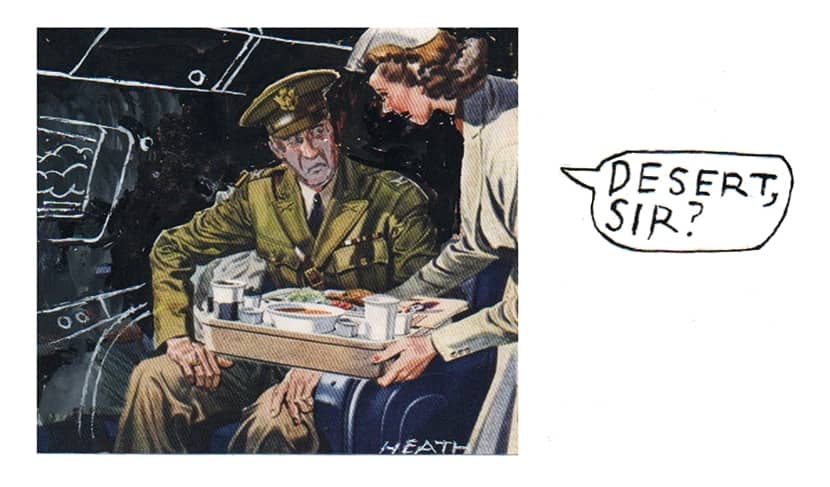Home
Boris Johnson, the Prime Minister, announced a new tax in the Commons branded a ‘health and social care levy’. It would increase National Insurance paid by employees and employers by 1.25 percentage points from April 2022. A year later it would become a separate tax that even pensioners still earning would have to pay. Share dividends would also see an extra 1.25 per cent tax rate. Of the £12 billion a year raised, only £1.8 billion would go to social care for the next three years. Some of the tax would go to meet the increased tax bill of the NHS as an employer paying the levy. From October 2023 there would be a cap on personal care liabilities of £86,000 over a person’s lifetime, though this would not cover accommodation. The new tax broke the Conservative manifesto undertaking not to raise income tax or National Insurance, but Mr Johnson said: ‘A global pandemic was in no one’s manifesto.’ Sir Keir Starmer, the leader of the Labour party, replying in the Commons, said: ‘Read my lips — the Tories can never again claim to be the party of low tax.’ The Institute for Fiscal Studies said that the increases, taken with those announced in the March Budget, represented the highest tax rises in 30 years. For good measure, the government suspended for a year the ‘triple lock’ on state pension increases by disregarding the average wage increase of 8 per cent, leaving pensioners with an increase nearer the 2.5 per cent. Sajid Javid, the Health Secretary, had earlier announced an extra £5.4 billion for the NHS in England over the next six months.
In one day, more than 1,000 migrants crossed the Channel in small craft, against a previous daily record of 828. More than 12,000 migrants had reached England in this way in 2021, of whom none had been returned to France or any other country. Boris Johnson said that 311 people were eligible for evacuation from Afghanistan who had not yet made it out of the country, but the government’s commitment to Afghans who had helped Britain would ‘live on’. Lord Frost, the Brexit minister, said Britain had extended indefinitely the grace period postponing checks on goods crossing the Irish Sea. The Boundary Commission proposed Wales should lose eight of its 40 MPs.
In the seven days up to the beginning of the week, 785 people had died with coronavirus, bringing the total number of deaths to 133,161. (In the previous week deaths had numbered 765.) In a week, numbers remaining in hospital rose from 6,942 to 7,647. In total more than seven million were known to have contracted Covid. More than 831,000 people entered the London Underground on Monday, the highest number since March 2020. Donald Zec, the former showbusiness journalist for the Daily Mirror, died aged 102.
Abroad
The Taliban announced that their government in Afghanistan would be led by Mullah Mohammad Hassan Akhund, one of the movement’s founders. The interior minister, Sirajuddin Haqqani, the head of the terrorist Haqqani network, is wanted by the FBI. Lieutenant general Faiz Hameed, Pakistan’s intelligence chief, had earlier met Taliban leaders in Kabul. The Taliban said they had taken control of the province of Panjshir, but resistance fighters said they were still present. Ahmad Massoud, the leader of the National Resistance Front of Afghanistan, blamed the international community for legitimising the Taliban. In Kabul, at least 17 people had been killed during celebratory gunfire after the American withdrawal.
The total in the world reported to have died with coronavirus reached 4,574,710 by the beginning of the week. More than 20 countries acknowledged a higher rate of deaths per million than the United Kingdom’s 1,951. India administered more than 180 million doses of vaccine in August. A woman demanded compensation after discovering she had been mistakenly swapped at birth with another baby 19 years ago in a hospital at Logroño in La Rioja.
El Salvador accepted bitcoin as legal tender. Jean-Paul Belmondo, the film actor who represented the Nouvelle Vague, died aged 88. Poland imposed a state of emergency on the border with Belarus, which was accused of encouraging migrants. Armin Laschet was elected leader of Germany’s Christian Democrats, the party of the retiring Chancellor, Angela Merkel, but the rival Social Democrat party was ahead in opinion polls. Protestors threw gravel at Justin Trudeau, the Prime Minister of Canada, when he went campaigning for the elections on 20 September. CSH






Comments